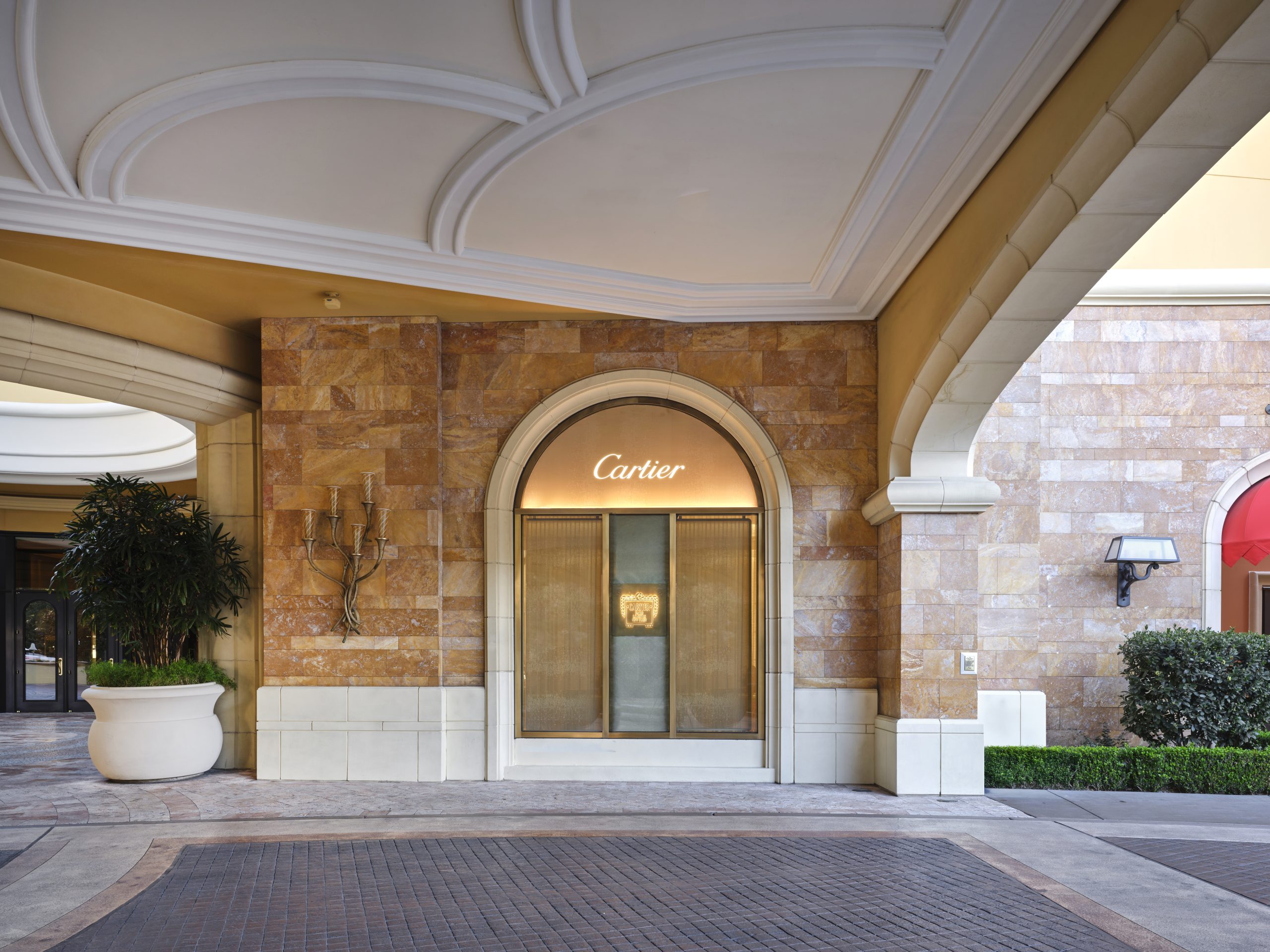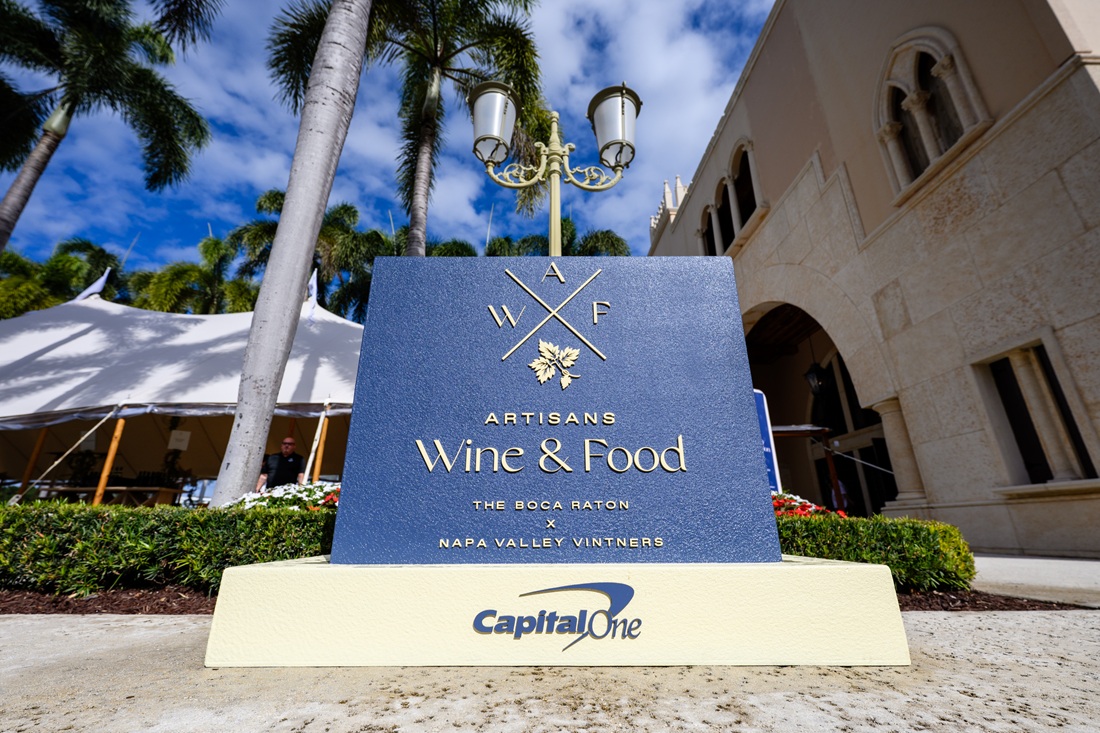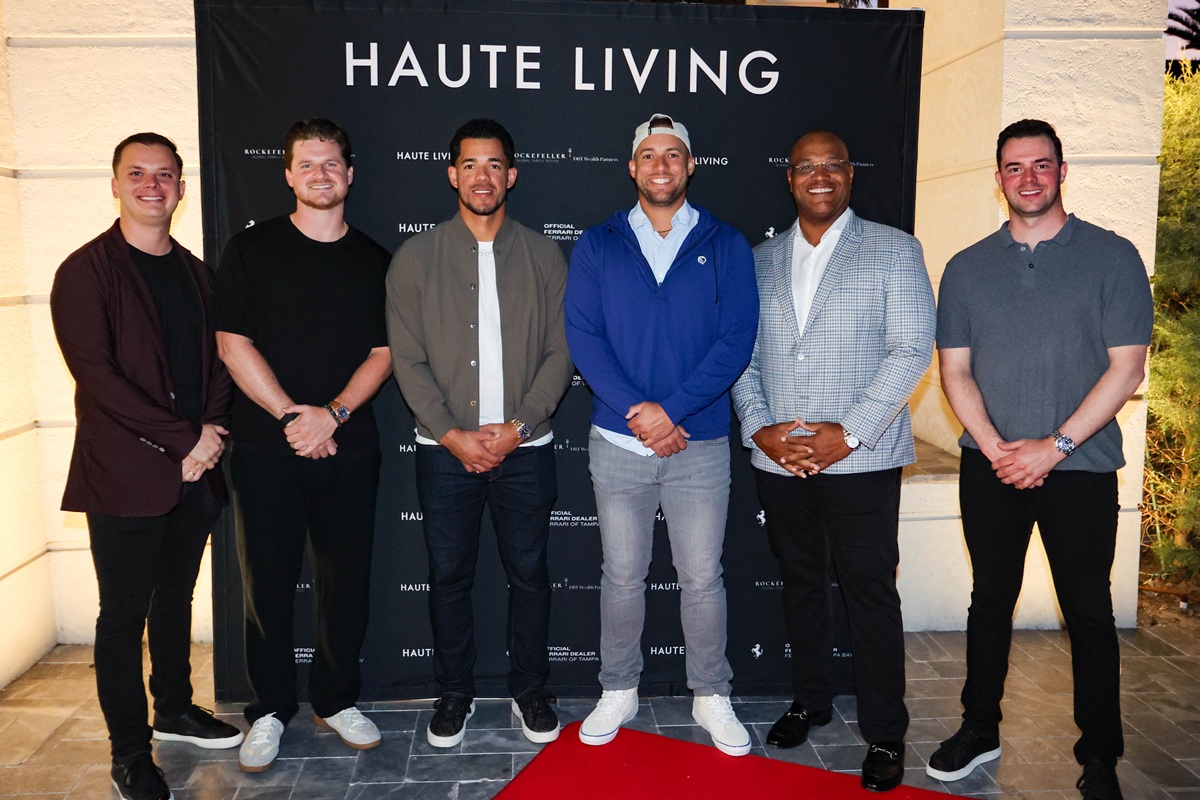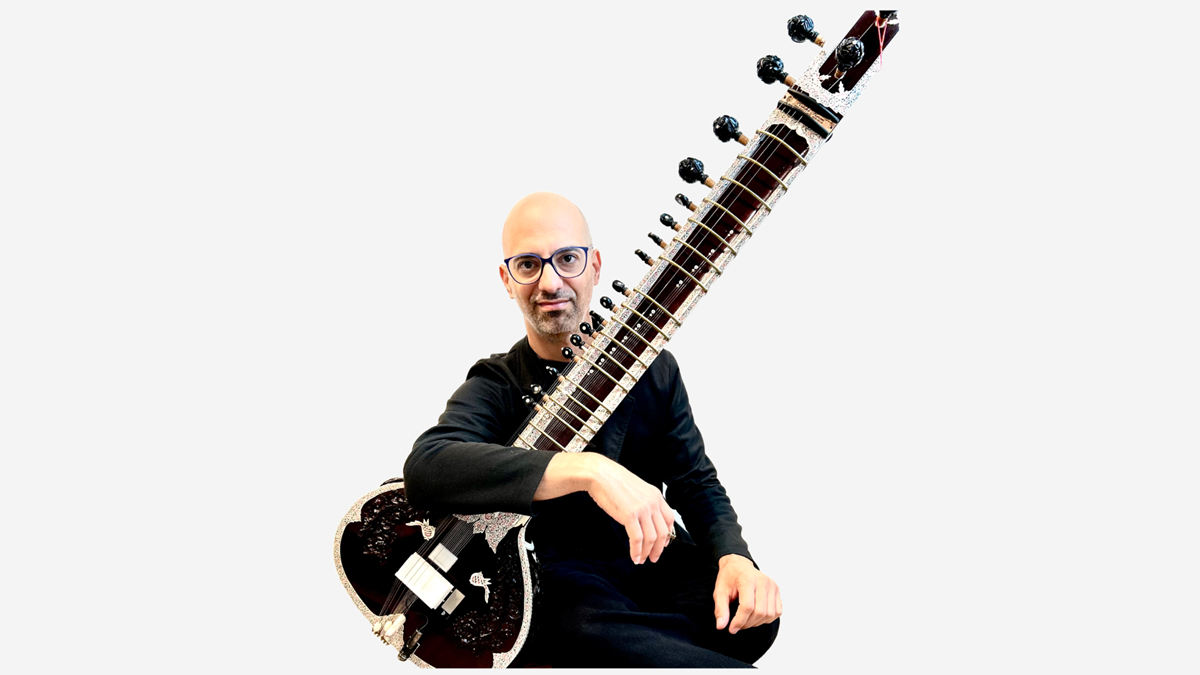Apolo Ohno Offers Guidance And Clarity During Uncertain Times In New Book, Hard Pivot
Apolo Ohno is the most decorated American athlete in the Winter Olympics, or at least that’s what has garnered him most recognition. In his new book, Hard Pivot, Ohno shares how he managed the conflicting feelings of purpose and identity after retiring from speed skating.
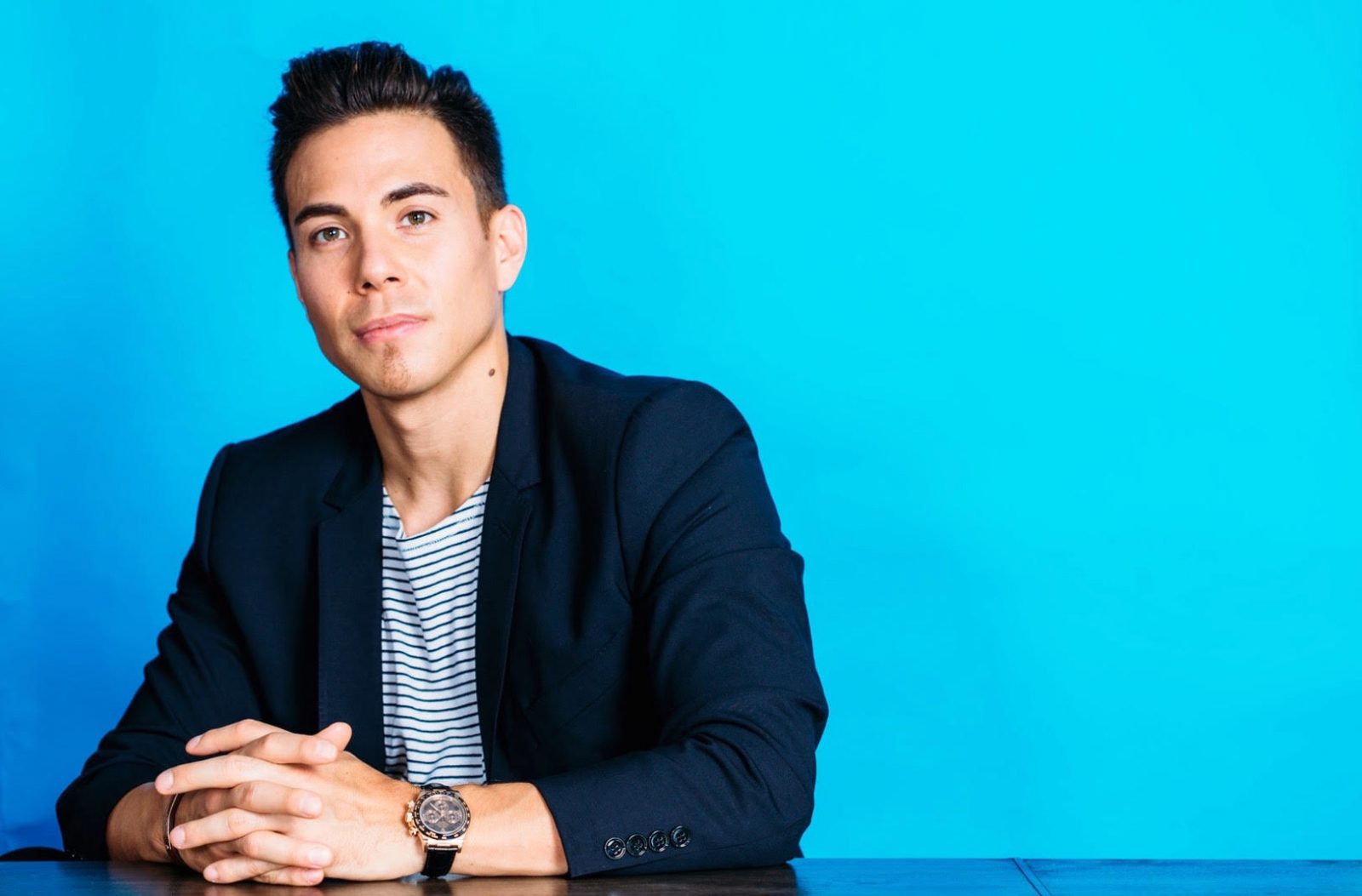 Photo Credit: TBD
Photo Credit: TBD
Since his retirement, Ohno has done plenty of work as a public speaker and venture capitalist, as well as a writer. Hard Pivot is Ohno’s third published book, following Zero Regrets. Apart from using his own perspective, Ohno spoke to several professionals from various walks of life and explored their experiences of shifting career paths, and in turn, identities and purposes, after achieving success.
Haute Living: Could you briefly outline your professional career trajectory after retiring from speed skating?
Apolo Ohno: After retiring in 2010, I moved to Los Angeles in pursuit of a plethora of media and entertainment activities. This involved both producing and hosting shows. Given the the winter sports’ popularity in Asia, I started spending significant amounts of time in the region – pursuing a career as executive director in a metals and mining company. This led to a whirlwind of experiences that led us to an adventure of visiting more than 50 countries in pursuit of establishing our technology in those regions.
In 2013, I was introduced to bitcoin via friends who both trade and arbitrage mining chips between USA and Asia – I didn’t understand the technology then, but started to see a tremendous shift of entrepreneurial talent, venture, and even my own roommate dedicated their life toward developing new businesses and experiments in the sector. The time spent in Asia opened my eyes to the world of possibility that existed in doing cross-border transactions, the friction that existed and the incredible opportunity that lay ahead. From reclamation projects in South East Asia, to infrastructure and media, the time horizon now feels like two decades crammed into a period of 7 years.
Recently,I probably spend most of my time investing into early-stage startups. Right before the pandemic, I went back to school to Wharton to be a part of an executive leadership residence program which was about eight weeks long. It was a live-in residence program with 30 other executives from about 20 other countries and seven days a week you essentially just sharpen your skills.
On the professional side, I have been an avid investor since about 2002, but since 2013 or 2014, I have been more active on the venture side of things. It has been an incredible ride in terms of ups and downs, as well as the psychological aspect of reframing and reinventing the way I think about, not only myself and my own identity, but about what career path I want to pursue. Mixed in between all of this, is a blend of executive corporate retreat speaking, leadership executive summit speaking, as well as workshop and writing, which resulted Hard Pivot.
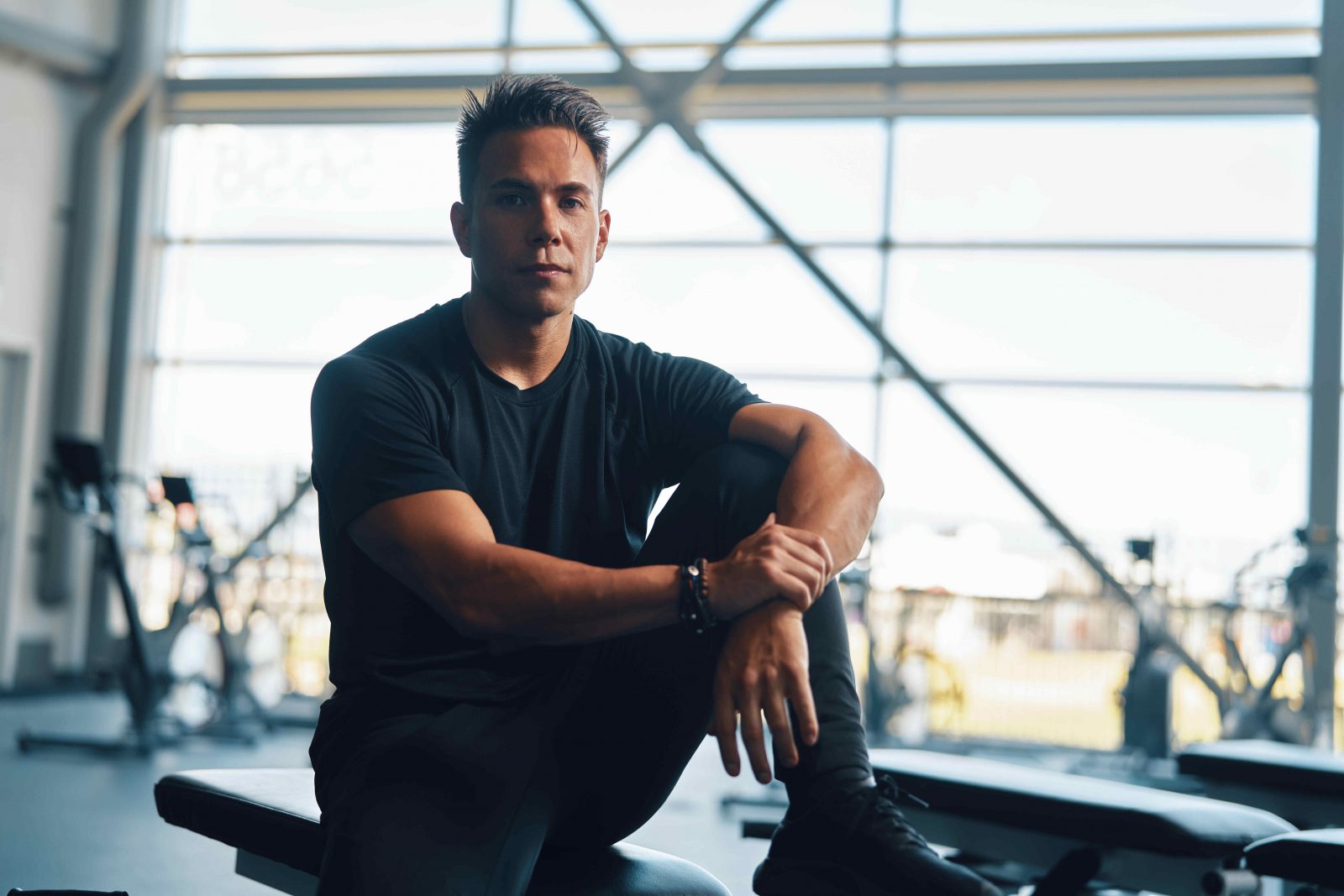 Photo Credit: TBD
Photo Credit: TBD
HL: When did the idea of writing or publishing the book first come about?
AO: I had a New York Times best-seller from 2010 to 2012 titled Zero Regrets. It was a philosophical view on approaching life and a career path in general. The idea for hard pivot began in 2018 or 2019 and it just seemed to me that a commonality was beginning to brew from a lot of friends who were existing Olympic athletes and professional athletes, actors and business people. At some point, all of these talented people from all of this eclectic mix of professions were forced to retire, reinvent or pivot heavily. This applies to entrepreneurs as well and what I found was that, especially among the Olympic athlete group, there was this deep sense of psychological divorce had to occur with a former identity in which they were married for so long.
It was an identity that gave them affirmations that they were the champion, people loved them, and they had nods of approval, etc. I knew there had to be a better way to mitigate this kind of lull or damage that has occurred through these external signals that tell us what we should look like, what we should have, or where we should go instead of listening to what is most important to our true north and fundamental beliefs.
As a result of this process, many people feel lost and uncertain. They haven’t developed other skill sets and facets of their personality for their career and that’s frightening. Internally, between what I call the world’s strongest prison, in between your ears, there’s this feeling of being less than, behind, or never good enough. On one hand, this can be powerful if you use it as a lever and a tool to advance you toward your goals. On the other hand, it can be extremely paralyzing.
The book was rooted in vulnerability, empathy, and a lot of topics that, at least for my generations and those that came before, are just washed away. The intentionality behind the book is for people to take a pause for a moment and take into account what has happened in their life. This means processing all the things which make them who they are through characterizations that have been built through micro-trauma, through experiences, wins, losses, and then they can better understand themselves as they seek to improve. But it all begins with them.
So, lighting that spark of inspiration to say, ‘Okay, now I’m willing to do the work, what does the work look like? How do a set a plan in place, and how I get engaged with this gift of life I have been given in a way that tries to maximize those 86,300 seconds of which most are wasted?’ That’s the iteration of the book.
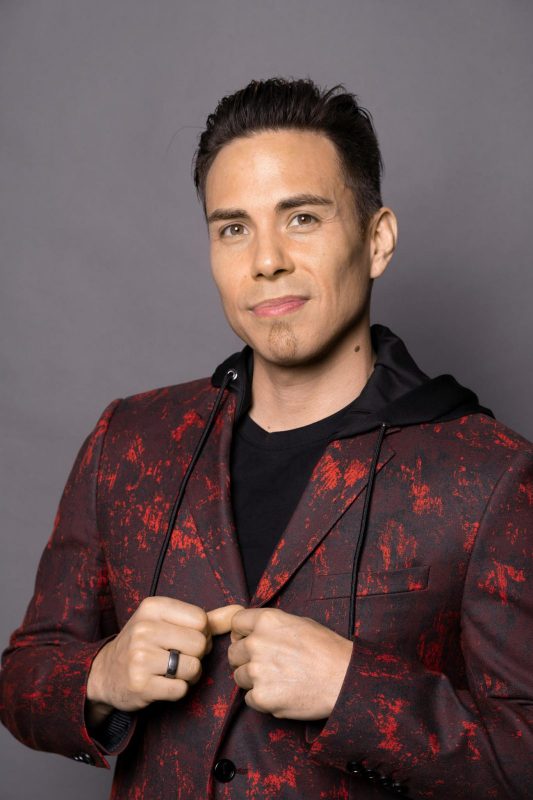 Photo Credit: TBD
Photo Credit: TBD
HL: Would that moment of awareness be what you hope readers takeaway from the book?
AO: The main takeaway is instead of bracing for change or being blindside, which will happen, how do we embrace it? How do we find what our real purpose is in life? How do we pursue that and live the life we know we can? That is rooted in all the fundamental things we know. Life is hard, it’s not easy, there’s ups and downs, peaks and valleys, but it’s an incredible experience. Which is all the more reason for us to not waste it by using our brains as a data miner for someone else or to live for someone else. We all know what FOMO is, but you need to be aware if you’re operating from a place of FOPO, which is fear of other peoples’ opinions. I think the most authentic version of ourself is our best self.
In the book, we talk about these five golden principles: gratitude, giving, grit, gearing up and go. they are fundamental in terms of the process in which we engage with these incredible circumstances, opportunities or challenges that we have to meet.
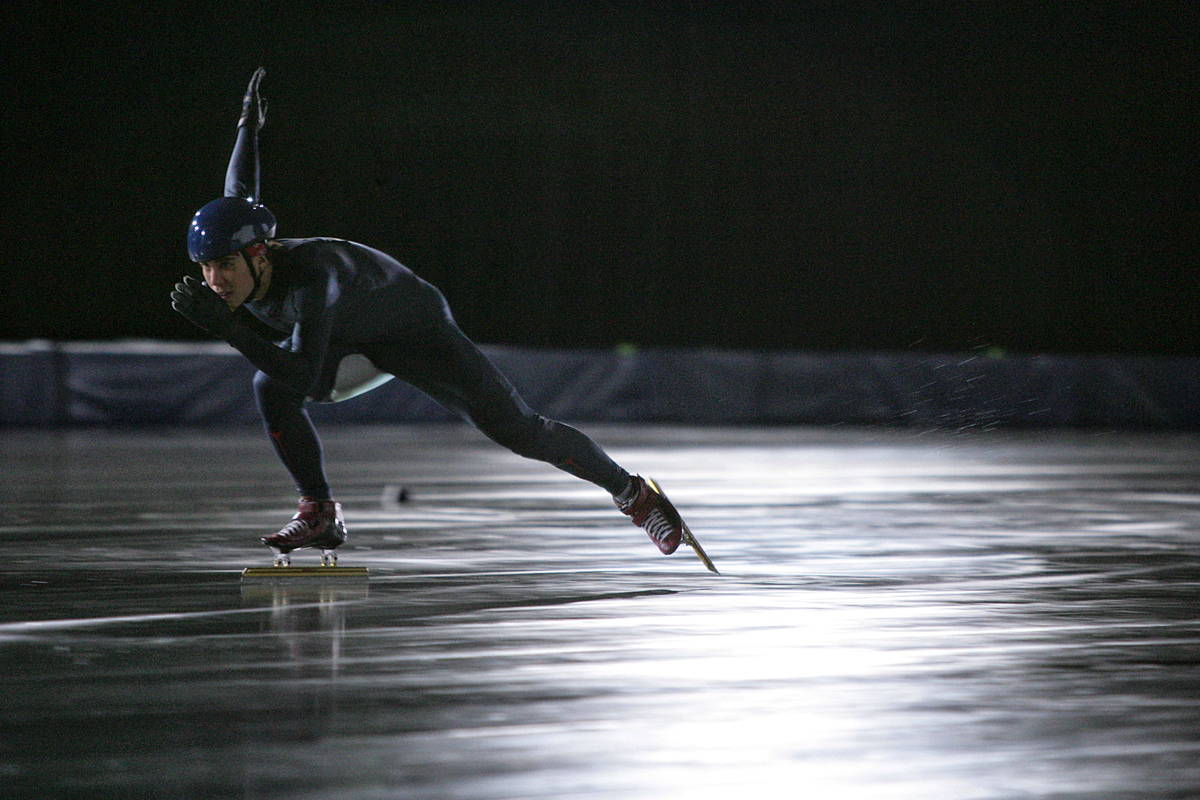 Photo Credit: TBD
Photo Credit: TBD
HL: Did you enjoy the process of writing this book? This being your third published work, do you see yourself writing more in the future? Is there another project already in the works?
AO: Yes, yes and yes. The book was initially 300 pages longer but it’s a relatively short read because we cut so much out. The idea is that I’m going to release a series of similar philosophical views, accompanied by interviews with some really interesting characters and people around a well-lived life. I will certainly continue to write. Not only is it a passion, but more importantly at a fundamental level, I like to help people. No matter how successful or how much money, we all struggle at some point, whether it’s internal or through loss or anything else. I want people to find their true north, their voice and their angle. It’s an amazing feeling to finally have that. The world becomes brighter, you have more clarity, you become happier and you’re now willing to embrace the challenges of your day to day.
When the world is dark, it’s quiet and you feel alone. I know that feeling of being lost and not knowing where to paddle. It’s like rowing for days on end blindfolded, opening your eyes in the middle of night and you have no idea which direction is land, you have no idea how to start, and you only have one row and nobody else is around you. That’s your mind closing you off from going against the grain, from trying something new, from embracing something that doesn’t fit your conditional behavioral mentality.
I say this analogy often – I love traditional, physical, historical art, but as you know since you’re in Miami, there is a heavy influx of people creating digital experiences and digital art. Much of the existing legacy world is like no, my piece of work that I own is historically significant and yours is not. You made yours on a computer. I think the point is we’re missing the point of societal change and interest. Whether this is right or wrong doesn’t really matter.
I think it’s all about zooming out and taking perspective on how we view these new emerging technologies and opportunities rather than asking, ‘why do want e-mail?’ ‘Why would I want to listen to a podcast, isn’t that what radio is for?’ Humans like routine. We like when we understand and typically shy away from what we don’t.
To secure your own copy of Hard Pivot, head to Apolo Ohno’s website HERE.




